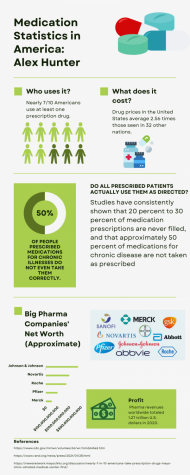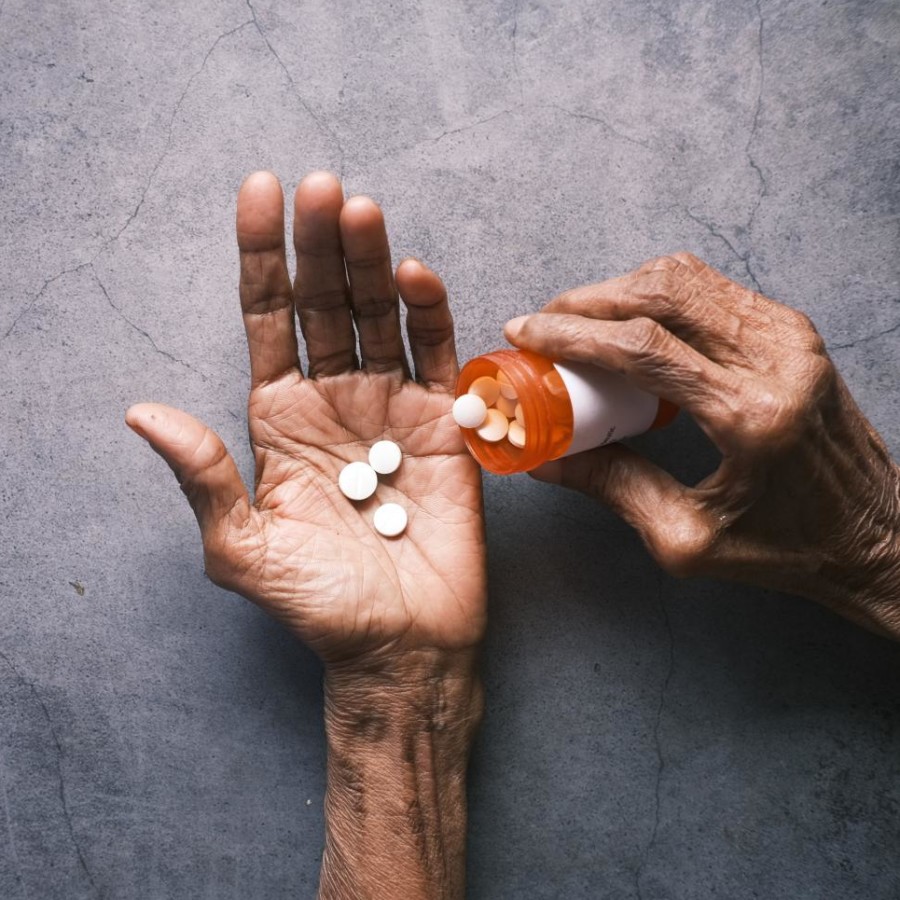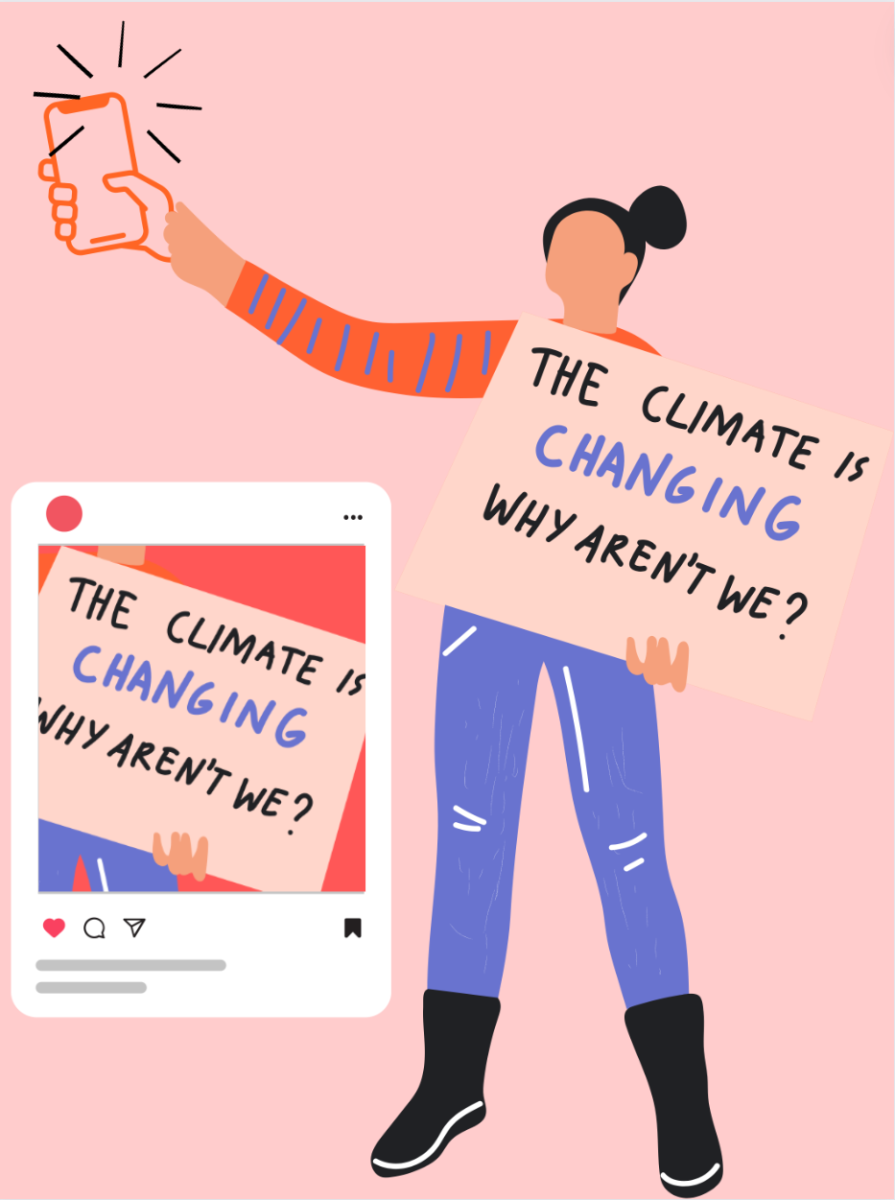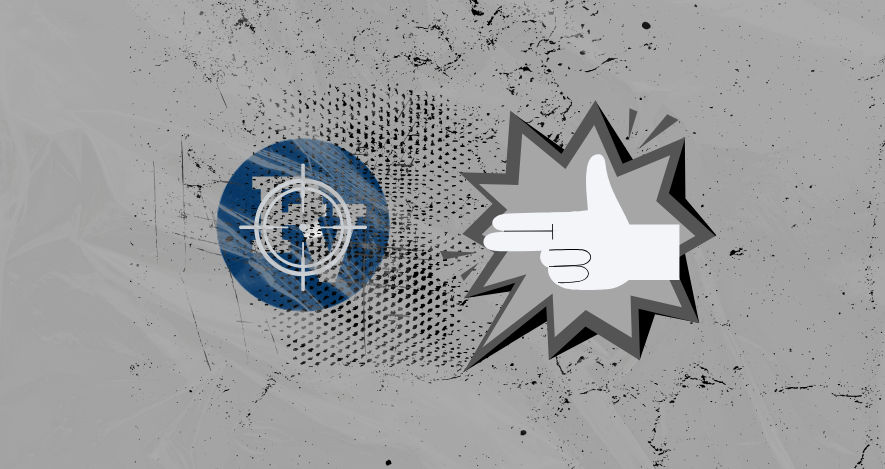The heavy reliance on medication in the United States has posed concerns for decades, but citizens continue using powerful drugs that might not be benefiting their health.
The price of prescription drugs in America has only increased despite various efforts to lower them by the US government. The truth behind medication revolves around the maximization of profit by Big Pharma (the composition of major multinational pharmaceutical companies as a sector of industry).
An article demonstrated evidence of massive increases in the price of drugs in the United States. “Americans spent $535 billion on prescription drugs in 2018, an increase of 50 percent since 2010. These price increases far surpass inflation, with Big Pharma increasing prices on its most-prescribed medications by anywhere from 40 percent to 71 percent from 2011 to 2015,” it said.
To say there are a lot of questions to be asked of the industry is a major understatement; the price of one bottle of insulin at a local pharmacy can be up to $300. For diabetics, this is a detrimental issue as they rely on the insulin drug to stay alive, for it either does not properly function in the body or not enough is produced.
Thomas Atteberry, a former PV student, and type one diabetic explained the moral price people with this condition are forced to pay. “I feel that I can speak for all diabetics in the case that insulin is very costly and it affects many living with the disease.
 Even with good insurance, the price is still very high,” he described. “With those living in poverty or in a place where they do not have the assets to afford insurance, things become difficult when you have to pay over 1000 dollars a month just on insulin needs.”
Even with good insurance, the price is still very high,” he described. “With those living in poverty or in a place where they do not have the assets to afford insurance, things become difficult when you have to pay over 1000 dollars a month just on insulin needs.”
There is no question about the importance of funding and support for medication in America, but the pharmaceutical industry has taken a business approach to manipulate its consumers into buying its products at higher rates and prices.
For a standard food or clothing brand, this process is understandable: utilizing marketing analysis and advertising to hedge your target market to buy the product. For prescription medications, this must be handled differently.
Solely because a person struggles with headaches or acne does not automatically mean they should be prescribed medication for it. These are naturally occurring processes in the human body and can most likely be resolved using other coping methods.
Here is the catch: by using medications, it becomes much easier and more effective to solve certain physiological problems. But at what cost?
Big Pharma companies thrive off of prescription consumption, hence their high prices and increasing advertising. In other words, people feel forced to take medication for issues that can be fixed at no cost.
According to the Mayo Clinic, “Nearly 70 percent of Americans are on at least one prescription drug, and more than half take two.” This statistic is alarming, as Americans are so heavily reliant on drugs they might not even need.
It is unethical for such a crucial industry to prescribe medication as if it is just like any other product to make a profit. This situation needs to be handled more carefully, and a sense of selflessness should be implemented in the pharmaceutical business.
Many doctors also have relations with pharmaceutical companies who reward them with money for prescribing their medicine.
As described by a publication, the effects of profitable relations between physicians and Big Pharma companies do not go unnoticed. “ProPublica’s analysis found that doctors who received payments related to Linzess [a drug used to treat irritable bowel syndrome and severe constipation] in 2016 wrote 45% more prescriptions for the drug, on average, than doctors who received no payments,” it said.
The issue of the unnecessary overprescription of medical drugs needs to be addressed in America. Citizens have become plagued by the idea that medicine can solve any physical issue they have, but they need to consider who is making a profit off of their consumption as well.


















